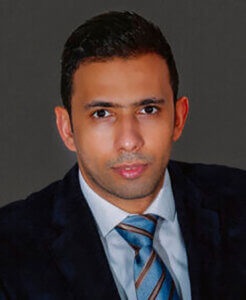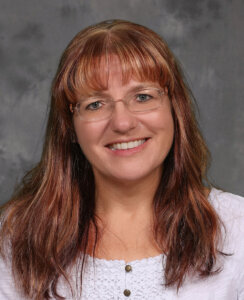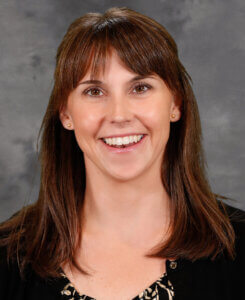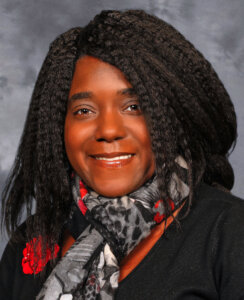University of Nebraska researchers continue to step up to solve problems for the Department of Defense (DOD). Today, the National Strategic Research Institute (NSRI) at the University of Nebraska announced 49 new NSRI Fellows who aim to contribute their expertise to the strategic deterrence and countering weapons of mass destruction (CWMD) mission areas.
These researchers join the more than 70 NSRI Fellows who launched with the program in May 2021, bringing the total to 122. Fellows hail from the University of Nebraska at Kearney, University of Nebraska Medical Center, University of Nebraska-Lincoln and University of Nebraska at Omaha.
New NSRI Fellows from UNK are:
- Jacques Bou Abdo, assistant professor, cyber systems
- Kim Carlson, professor and co-chair, biology
- Julie Shaffer, professor and co-chair, biology
- Melissa Wuellner, associate professor, biology
“I feel honored to be selected as an NSRI Fellow,” Carlson said. “I believe that the strongest approach to solving any problem is collaboration. Bringing the academic and the government sides together is a necessary endeavor to answer questions. These different sides approach questions in unique ways, which is essential in determining solutions to problems. There is always a solution. It is just a matter of being creative to figure out the answer.”
The institute also named five NU administrators to act as NSRI Affiliate Fellows, serving as liaisons between the program and the campuses. They include associate professor Sharon Obasi, director of research compliance at UNK and director of the family science program.
Each of the researchers bring forward deep expertise in areas from information science and technology to biomechanics to psychology to engineering and more. All also actively leverage the facilities, technologies and students convened by NU’s four campuses.
“Our objective is to bring the might of the University of Nebraska System’s intellectual and physical research capability and capacity to the DOD and the nation,” said Maj. Gen., USAF (Ret.) Rick Evans, NSRI executive director. “We know from current events that the strategic threats our nation faces are constantly developing and converging. NSRI and the university have been and remain ready to help solve problems and innovate.”
Within the past 12 months, since NSRI launched the NSRI Fellows program, the political and military landscape across the globe has evolved significantly. Russia’s unprovoked territorial assault on Ukraine raised nuclear deterrent questions that had remained latent since the Cuban Missile Crisis in 1962. It has also brought forward concerns about strategic attack scenarios through the use of chemical and biological weapons.
Combined with China’s expanding and diversifying nuclear arsenal, North Korea’s frequent ballistic missile testing and Iran’s nuclear ambitions, there are significant research and policy questions facing the highest levels of the U.S. and ones that fall squarely to U.S. Strategic Command (USSTRATCOM), which sponsors NSRI and NU as a University Affiliated Research Center (UARC) designated by the DOD.
Today, the primary mission of USSTRATCOM is to deter strategic attacks on the U.S. While adversarial nuclear employment certainly qualifies as a strategic attack, it is not the only type of strategic attack.
The COVID-19 pandemic illustrates how future threats extend beyond the nuclear capabilities of those adversaries, illuminating the need for constant assessment and reassessment of strategic attack prevention, mitigation and response across the full spectrum of chemical, biological, radiological, nuclear and explosive (CBRNe) threats.
“Through this program, NSRI is engaging faculty in a material way to solve the problems of the DOD,” said Joshua Santarpia, NSRI science and technology advisor and director of the NSRI Fellows program. “We are bringing everyone together — faculty who span numerous disciplines with sponsors leading within the strategic deterrence and CWMD mission spaces. I’m proud of how far we’ve come with this effort and motivated by the momentum we have moving forward.”
Learn more about the NSRI Fellows and their objectives at nsri.nebraska.edu/fellows.





